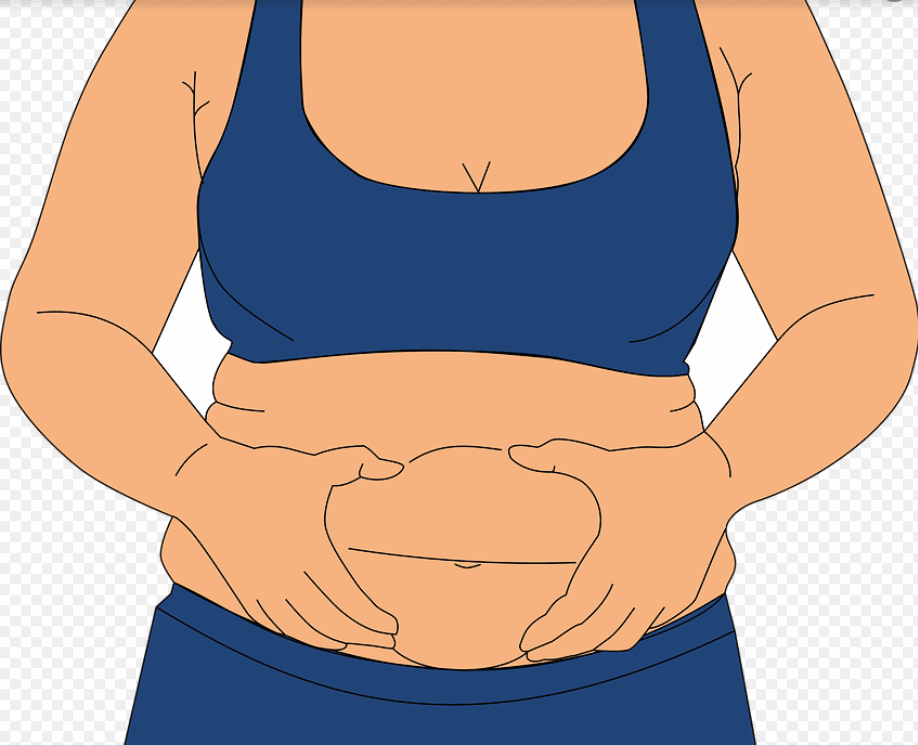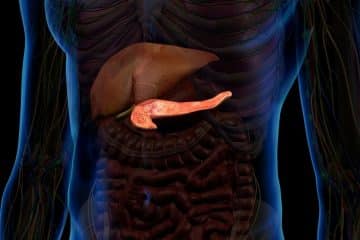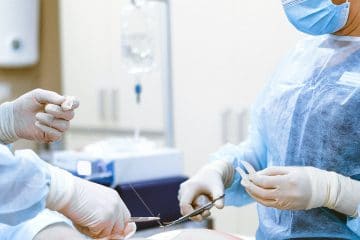Do Sugary Drinks Cause Cancer?
Sugary drinks have been around for a while, between the years 1977 to 2001 popularity of sugary drinks has increased dramatically and so has the incidence of early-onset colorectal cancer.
Even though in 2014 the consumption of sugary beverages started to fall, the damage might have already been done.
Since these drinks are full of added sugars, contain huge amounts of calories with virtually no crucial nutrients in them, they negatively impact our cardiovascular and metabolic health, significantly increasing the risk of obesity, type 2 diabetes, cardiac diseases and so on. But do sugary drinks cause cancer?
In this article, we will get to the bottom of the direct connection between sugary drinks and cancer.
Sugary Drinks and Colon Cancer
Scientists and doctors have been trying to figure out why the incidence of colorectal cancer has increased in the younger population. Colorectal cancer has always been a disease of the elderly (>60 years of age) but in the latest decades, the age of cancer onset has significantly decreased.
The tragic death of Black Panther star Chadwick Boseman at the age of 43 is one of the most prominent cases known for early-onset colon cancer.
What do scientific studies say?
To answer this question let’s overview some results of the latest studies concerning the association between sugary drinks and cancer development
“Gut Researchers”
One of the newest (May 6, 2021) Study results published by the journal “Gut Researchers” reveals that there might be a direct link between sugary drinks and colon cancer.
About 41,000 nurses participated in this research, who were interviewed about their dietary habits during their teenage years and early adolescence. Overall, 109 participants proceeded to develop colorectal cancer before age of 50, which is considered early for colon cancer.
The study concluded that those women who reported drinking at least two sugary, sweetened drinks a day had more than doubled the risk of developing early-onset colorectal cancer compared to women who drank less than one sweetened drink in a week.
Each additional serving of sugary drink a day increases the risk of colon and rectal cancer by about 32%.
BMJ Study “NutriNet-Santé prospective cohort”
The population-based research tracked the diets of over 100,000 healthy French participants aged 18 and over.
By using repeated 24-hour dietary records Researchers assessed the intake of sugary drinks and artificially sweetened beverages.
According to a prospective study, ” the consumption of sugary drinks was positively associated with the risk of overall cancer and breast cancer.
100% fruit juices were also positively associated with the risk of overall cancer.”
People who consume 3.4 oz of soda daily have about 18% greater risk of overall cancers and a 22% increased risk of breast cancer.
Researchers analyzed 97 beverages and 12 artificially sweetened drinks.
A possible explanation for the association between sugary drinks and increased risk for cancer development is sugar’s effect on visceral fat (which is stored around organs like the liver and pancreas), blood sugar levels and inflammation.
Also, additives and pesticides found in some types of colas might have an impact.
Sugary drinks cause Obesity and Type 2 Diabetes, which themselves raise the risk for cancer
Sugary drinks lead to overeating, which contributes to obesity and the development of type 2 diabetes, both of which are associated with an increased risk of various cancers.
Obesity
Obesity is a metabolic condition characterized by the accumulation of excess unhealthy amounts and/or distribution of body fat.
According to population-based research using data from the GLOBOCAN project, about 72.000 cancer cases in women and 28.000 cases in men were due to being overweight or obese.
As reported by several cohort and observational studies, there is consistent evidence that higher amounts of body fat have direct association with increased risks of several cancers like:
- Endometrial cancer
- Esophageal adenocarcinoma
- Liver Cancer
- Pancreatic cancer
- Breast cancer and so on.

Do Sugary Drinks Cause Cancer – Obesity Impact
Type 2 diabetes
Scientists at the University of Oxford and Johns Hopkins University concluded the subsequent results about diabetes and cancer.
Females with diabetes have about a 27 percent greater risk of developing cancer in comparison to healthy females. Men with diabetes are 19 percent more likely to develop cancer than healthy men.
Type 2 diabetes is associated with increased risks for several cancers, including colon, pancreatic, postmenopausal breast, endometrial, liver, and bladder cancers and non-Hodgkins lymphoma.
Elevated blood sugar decreases the activity of the immune system. These collisions increase the risk of damage to a person’s DNA.
As a result, mutations may occur that provoke the development of the oncological process. Also, these mutations increase the aggressiveness of the tumor and interfere with its treatment.
Solutions
- Limit consumption of sugary drinks
All of these scientific claims are a big step forward for preventive medicine of cancer. We know for sure that one of the important ways to prevent developing colorectal cancer is to limit drinking sugary beverages in the future.
Researchers recommend replacing sodas and packaged juices with water, milk, tea and sugar-free coffee, and generally eating a healthier diet.
It’s fine to enjoy a sugary drink every once in a while but make sure that it does not become a regular habit. Added sugars are allowed only in moderation.
- Increasing tax on sugary drinks
There’s one simple way to decrease sweetened beverage consumption hence the risk for cancers and various other health issues.
That’s by simply increasing the taxing for sugary drinks like Juices, Sodas, lemonades, energy drinks and so on.
Increased tax automatically decreases their consumption; this itself reduces rates of heart disease, cancer, and type 2 diabetes.
WHO recommends a tax on sugary drinks as a key policy for reducing childhood obesity, this policy is also supported by World’s Cancer Research Fund and International Diabetes Federation.
- Read the Labels
The daily maximum allowed amount of added sugar is 25 grams a day for women and teenagers, and 36 grams a day for men. Read the labels of products to Make sure you don’t go over that recommended value.
- Take Action
Upon consulting your physician you may want to benefit from one of the numerous sugar detox plans available online.
See Also
Prostate Cancer Risk vs Male Infertility
References :
https://www.cdc.gov/nutrition/data-statistics/sugar-sweetened-beverages-intake.html
https://www.bmj.com/content/366/bmj.l2408
https://www.wcrf.org/dietandcancer/limit-sugar-sweetened-drinks/
https://www.wcrf.org/policy/our-publications/
Peeters PJ, Bazelier MT, Leufkens HG, De Vries F, De Bruin ML. The risk of colorectal cancer in patients with type 2 diabetes: associations with treatment stage and obesity. Diabetes Care. 2015;38(3):495-502. doi:10.2337/dc14-1175


